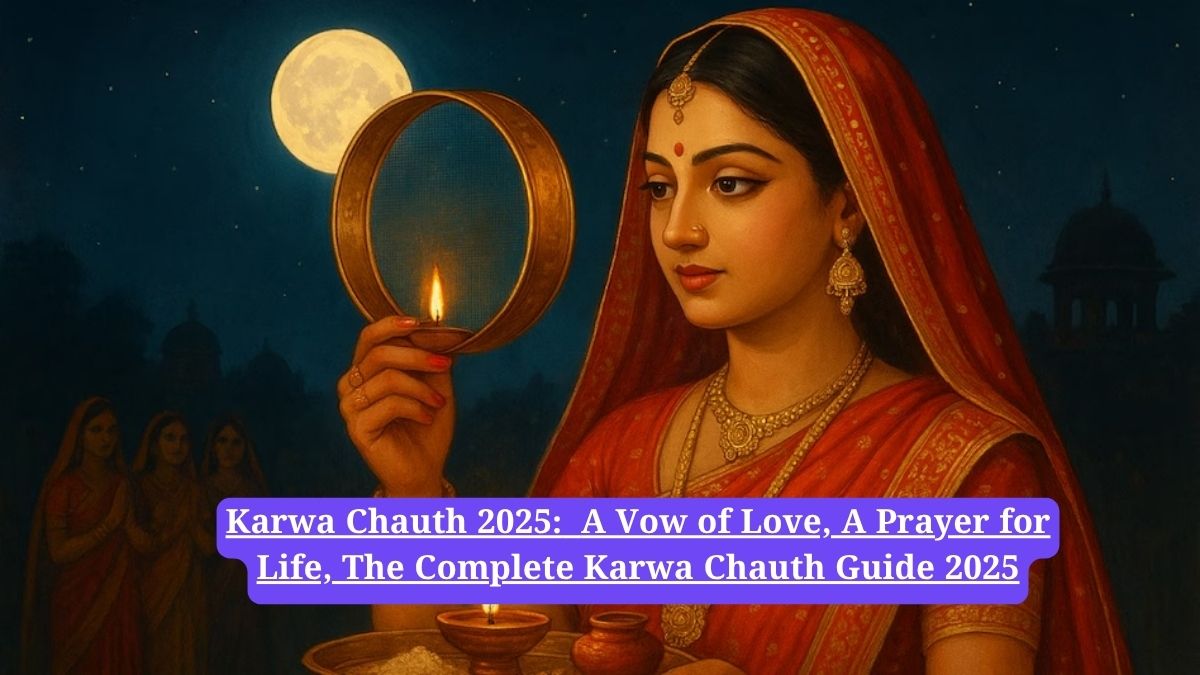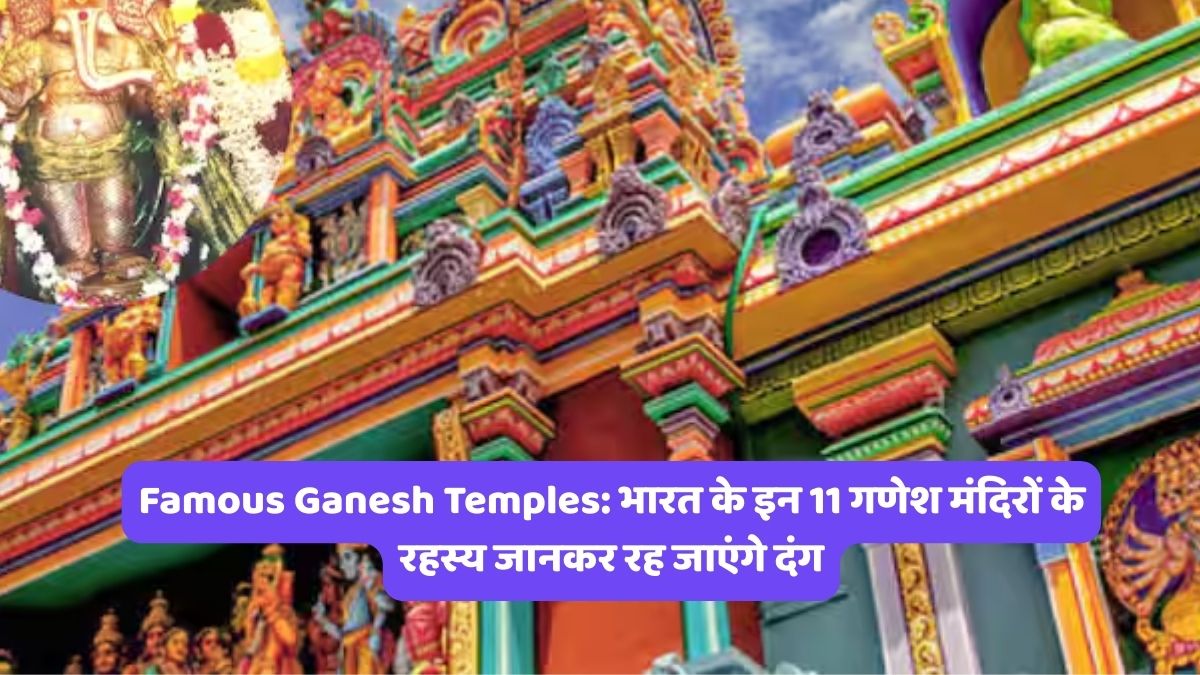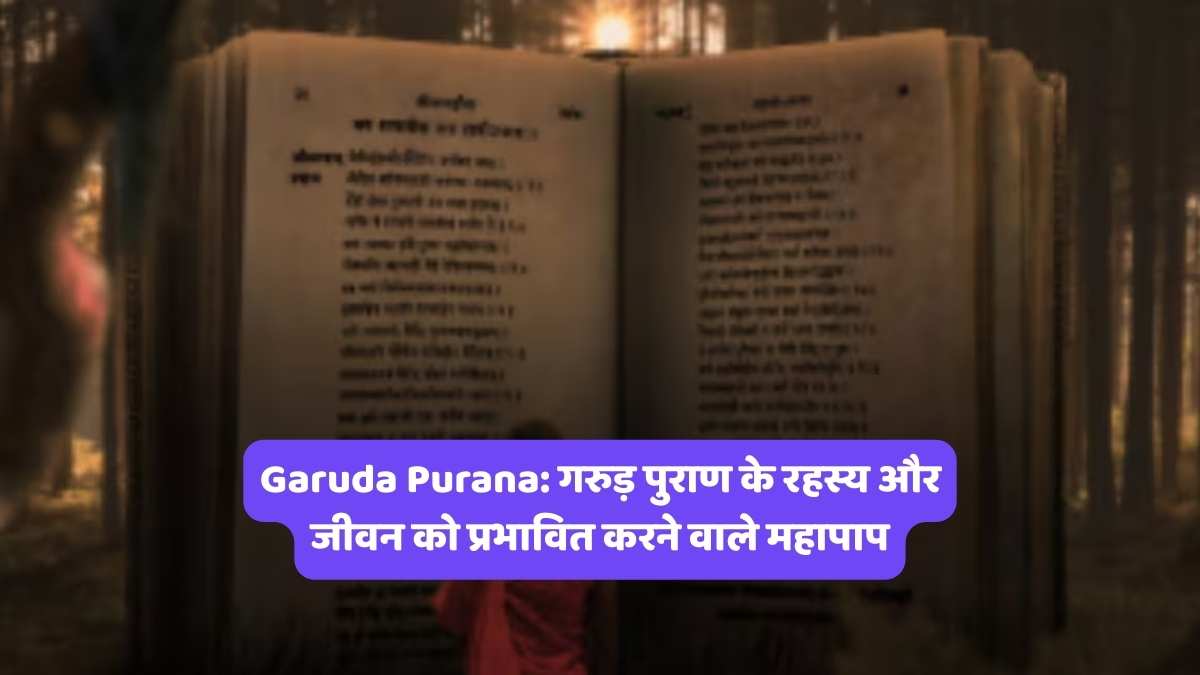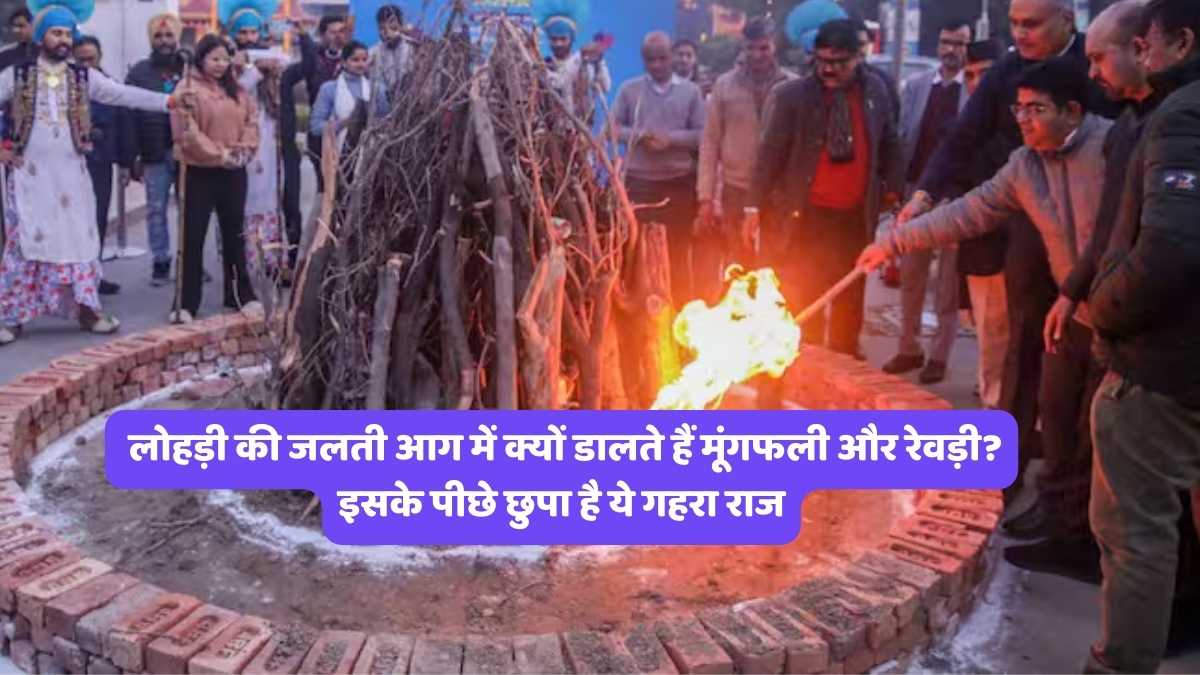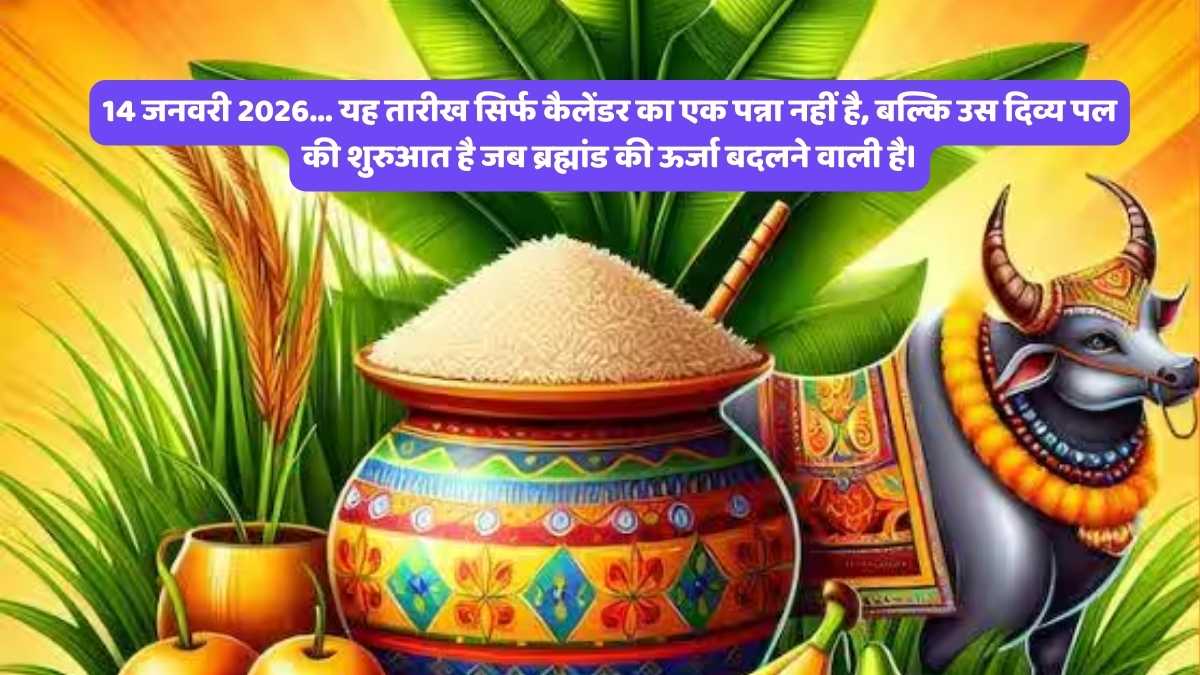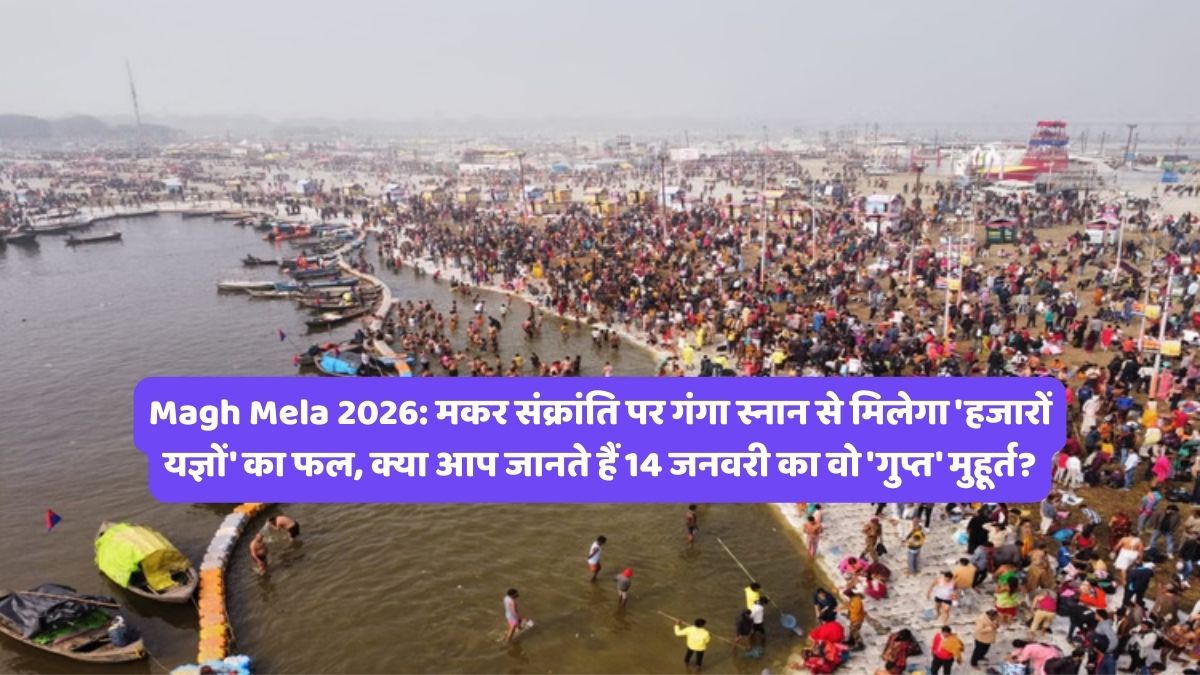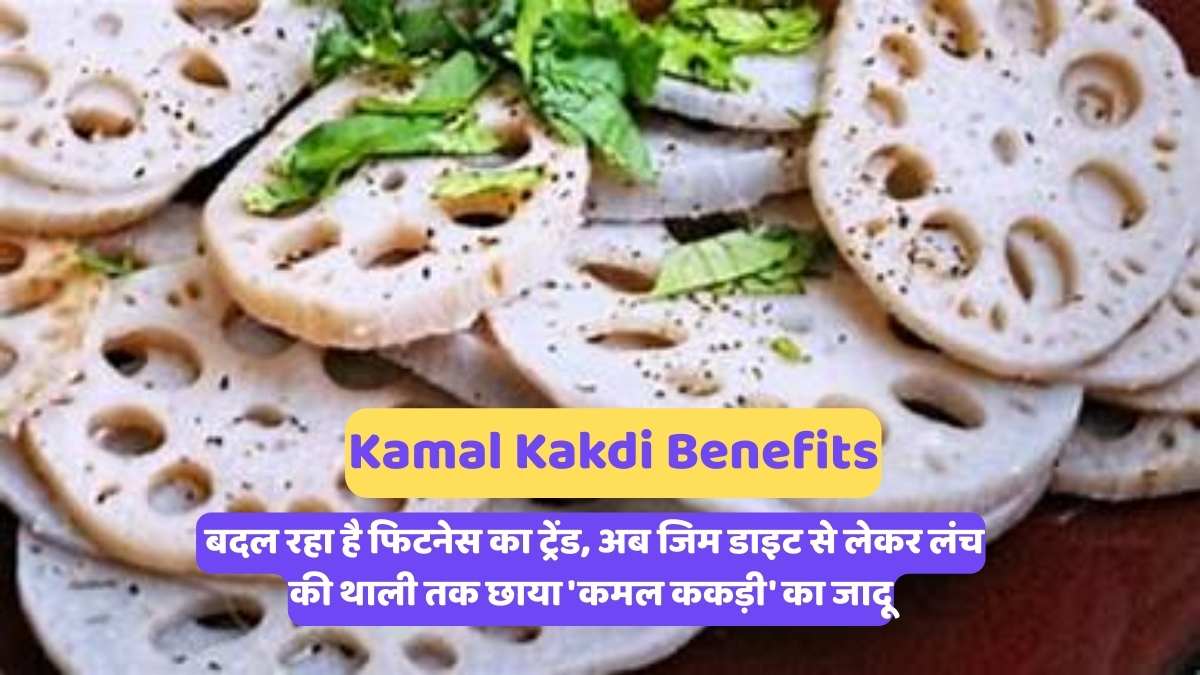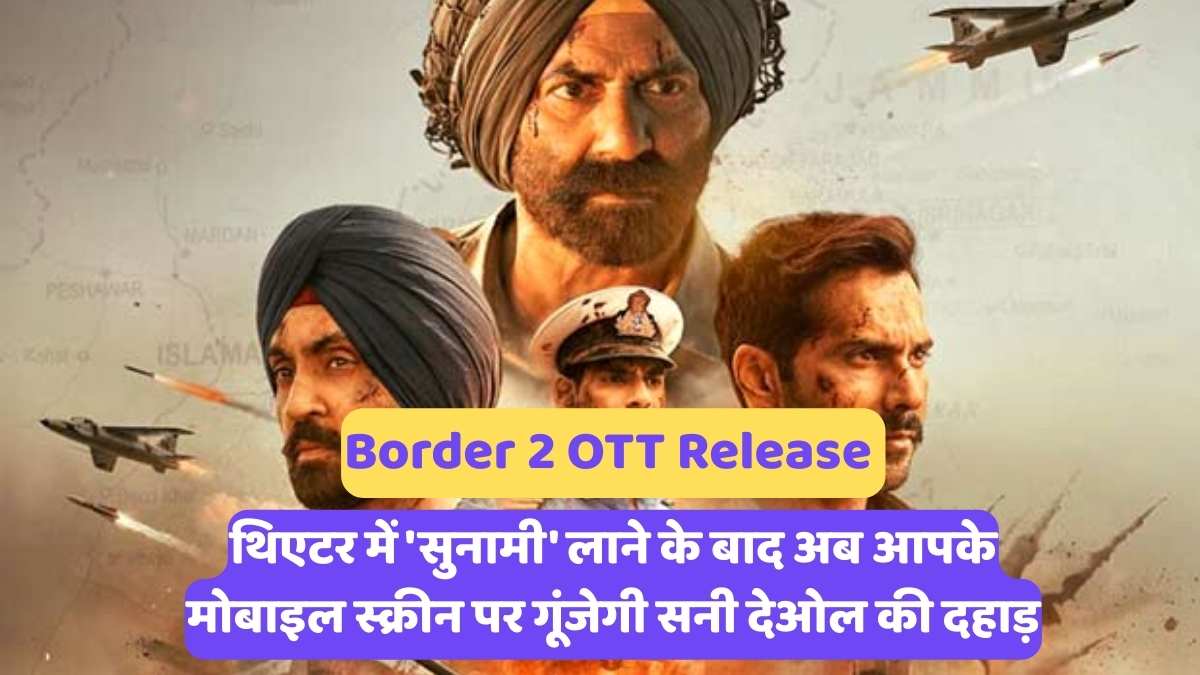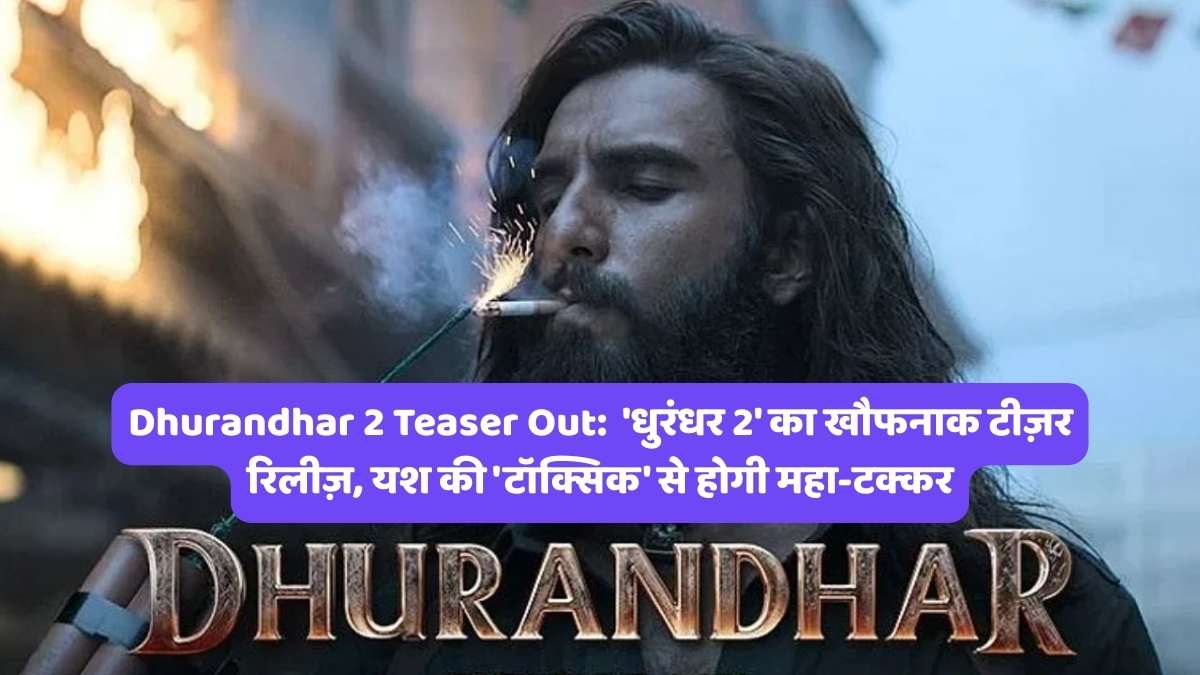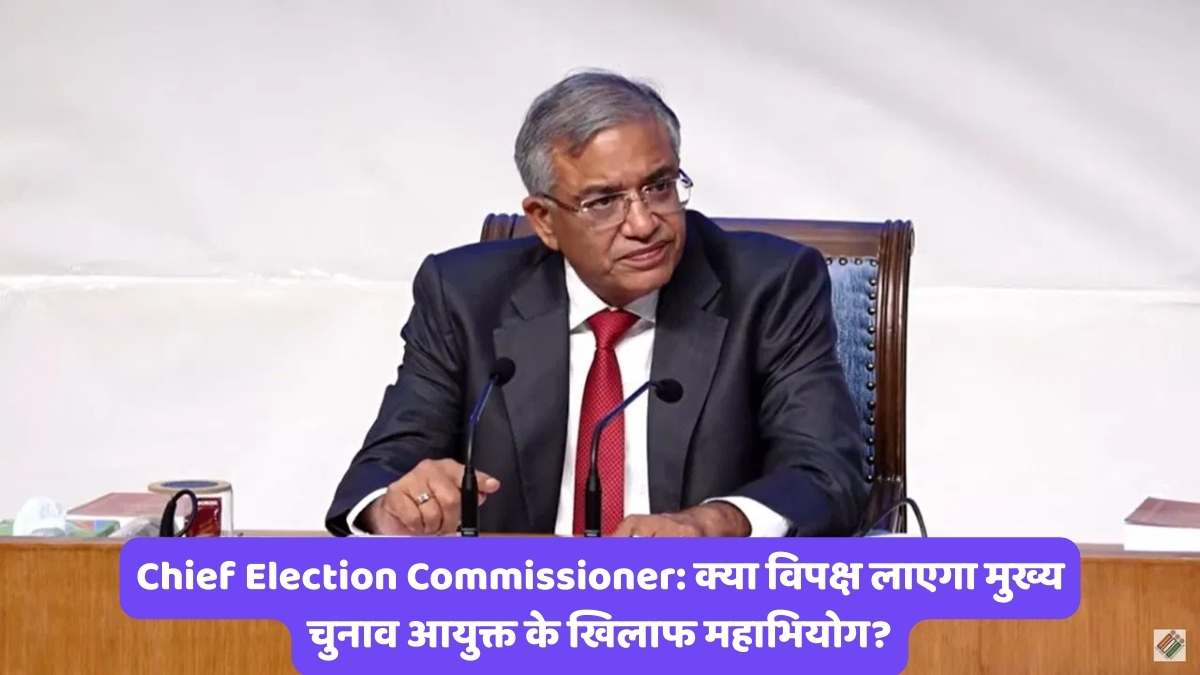Join WhatsApp
Join NowKarwa Chauth 2025: Deeply rooted in Indian culture and tradition, Karwa Chauth stands as a profound testament to love, sacrifice, and the unbreakable bond of marriage. It is a day when married Hindu women observe one of the most sacred and challenging fasts, praying for the longevity, prosperity, and well-being of their husbands. This beautiful festival, also known as Karak Chaturthi, falls on the fourth day after the full moon in the Hindu lunar month of Kartik. In 2025, this auspicious day will be celebrated on Friday, October 10th.
The essence of Karwa Chauth lies in its rigorous nirjala fast, where women abstain from both food and water from sunrise until the moon makes its appearance in the night sky. The fast is broken only after offering prayers and seeing the reflection of the moon. It’s a day filled with rituals, prayers, and a palpable sense of devotion that strengthens the marital bond and celebrates the spirit of feminine strength and love.
Karwa Chauth 2025: Auspicious Timings (Shubh Muhurat)
Shardiya Navratri 2025: The Ultimate Guide to Shardiya Navratri 2025 •
Timing is everything in Hindu rituals, and adhering to the correct muhurat is believed to enhance the blessings of the fast. According to the Hindu Panchang, here are the key timings for Karwa Chauth 2025:
-
Chaturthi Tithi Begins: 10:54 PM on October 09, 2025
-
Chaturthi Tithi Ends: 07:38 PM on October 10, 2025
-
Karwa Chauth Puja Muhurat (Worship Time): 05:57 PM to 07:11 PM on October 10, 2025
-
Duration: 1 Hour 14 Minutes
-
-
Fasting Period: 06:19 AM to 08:13 PM on October 10, 2025
The Anticipated Moment: Karwa Chauth 2025 Moonrise Time
The climax of the day-long fast is the sighting of the moon. Only after this moment can the women break their fast. The estimated moonrise time is:
-
Expected Moonrise: 08:14 PM (with slight variations based on geographic location. For instance, in the Delhi-NCR region, it might be visible around 08:13 PM).
The Sacred Rituals: A Step-by-Step Puja Guide (Pujan Vidhi)
The Karwa Chauth puja is a beautiful and intricate ceremony. Here is how it is performed:
-
Begin with the Dawn: The fast begins at sunrise. Women partake in a pre-dawn meal called ‘Sargi,’ traditionally sent by their mother-in-law, to sustain them through the day.
-
Adorn Yourself: In the evening, women dress in vibrant traditional attire, often their wedding lehengas or sarees, and adorn themselves with the ‘Solah Shringar’ (the sixteen bridal adornments).
-
Prepare the Puja Altar: A picture or idol of Karwa Mata is placed on a wall or a small stool. An intricate design, a mandala, is often drawn on the floor using rice paste and turmeric.
-
The Karwa: A sacred earthen pot, the ‘Karwa,’ is placed on this design, with a ghee lamp lit on top of it. The pot is filled with items like kheel (puffed rice), batashe (sugar candies), or whole grains, and decorated with 11 or 21 straw sticks.
-
The Offerings: Along with the Karwa, offerings of homemade delicacies like sweet puris, halwa, and kheer are made. A complete set of marital items (‘suhaag samagri’) is also offered to the Goddess, symbolizing a prayer for eternal marital bliss. A lota (vessel) filled with water is kept ready for the final moon prayer.
-
The Katha: The women sit together, and an elderly lady narrates the Karwa Chauth Vrat Katha (the story of the fast). Listening to this tale is a pivotal part of the ritual.
-
Breaking the Fast: Once the moon is visible, the woman first views its reflection through a sieve (chhalni) and then looks at her husband through the same sieve. She offers arghya (a water offering) to the moon, praying for her husband’s long life. Finally, the husband offers her the first sip of water and a bite of food, breaking the fast.
The Legend of Queen Karwa: A Story of Devotion
According to ancient lore, a devoted wife named Karwa lived with her husband by the Tungabhadra river. One day, while her husband was bathing, a crocodile caught his leg and began dragging him into the water. Hearing his cries, Karwa rushed to the scene and, with the sheer power of her piety, bound the massive crocodile to a tree using only a raw cotton thread.
She then invoked Yama, the god of death, and commanded him to send the crocodile to hell and grant her husband life. When Yama hesitated, Karwa threatened to curse him using the power of her unwavering chastity. Fearing the power of a truly devoted wife (‘Sati’), Yama immediately sent the crocodile to his domain and blessed Karwa’s husband with a long life. Just like Karwa and the legendary Savitri, who also saved her husband from Yama, women on Karwa Chauth pray for the same divine protection over their marriage.
